
France Signs €410m Lagos Deal In Bid To Regain Influence After Humiliating CSS Expulsion
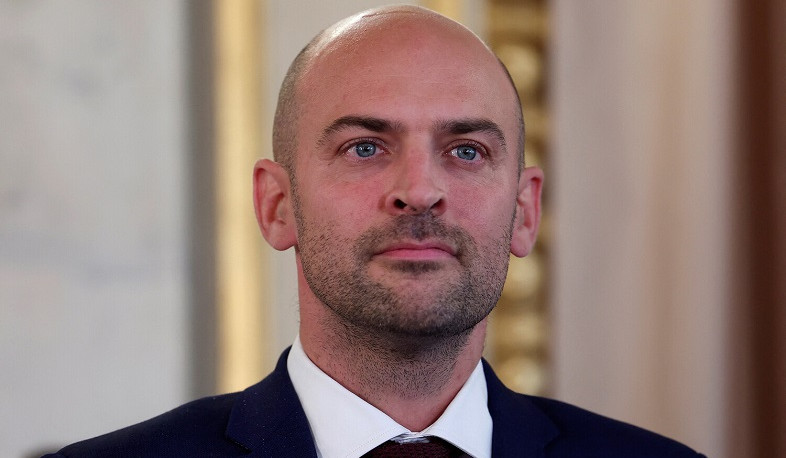
France’s Minister for Europe and Foreign Affairs, Jean-Noël Barrot, has announced a €410 million deal with the Lagos State Government to enhance water transportation. The project, dubbed “Omi Eko”, promises to deploy 75 electric boats, open 15 new waterways spanning 140 kilometres, and shift 100,000 commuters from road to water transport.
At face value, the deal appears to be a forward-looking investment in sustainability, part of a larger French push for “green cooperation” with Nigeria. But beneath the surface, it raises questions about timing, motive, and leverage.
Barrot, in an interview with Arise Television, described the project as a milestone that would “decarbonise transport on Lagos waterways,” making the city “more resilient in the face of rising sea levels.” Implementation, however, he admitted, “will be in the hands of the Nigerian authorities,” underscoring the fact that the project’s success remains far from certain.
The French minister framed the partnership as proof of deepening bilateral ties. He also reiterated France’s support for Africa’s quest for a permanent seat at the United Nations Security Council, adding that Paris has been spearheading efforts to make 2026 the year of the long-overdue reform.
“France calls for the creation of two seats of permanent members going to African countries,” Barrot said, adding that “Nigeria would play a dominant role in the process.”
Such gestures fit neatly into France’s recent diplomatic narrative, one that highlights inclusivity, cultural exchange, and mutual growth. Barrot even referenced France’s hosting of the Fela Kuti Exhibition, described as the largest-ever exhibition on the late musician, as well as the Forum Création Africa, a 1,000-participant creative industry summit featuring 80 Nigerians in fields such as cinema, fashion, video games, and digital design.
However, France’s newfound enthusiasm for African partnership is less about shared prosperity and more about rebranding influence. Following its humiliating expulsion from the Confederation of Sahel States (CSS), comprising Mali, Niger, and Burkina Faso, France has been scrambling to re-establish its relevance on the continent. Its military and political presence has withered in West Africa, its economic interests have suffered significant setbacks, and its public image is increasingly defined by resentment and resistance.
Meanwhile, back home, the French economy is in deep trouble. Growth projections have slowed down to 0.6% for 2025, according to Le Monde. The country’s debt-to-GDP ratio has climbed above 110 per cent, and political instability continues to rattle investor confidence. The AP recently described France’s finances as “in disarray” and “a major comedown for the country.” AP also reported that “investors have sold off the country’s bonds and ratings agencies have downgraded its creditworthiness.”
At the same time, the International Monetary Fund (IMF) said France needs to make a new, sustained push to rein in its budget deficit and bring its rising debt under control. The IMF said France needs a “credible and well-designed package of measures” focused on rationalising spending and better targeting welfare benefits to those who need them most, Reuters reported in May.
In this light, the €410 million “Omi Eko” deal, along with the cultural and creative partnerships being loudly promoted, looks less like a symbol of strength and more like a strategic imperialist recalibration. France, once the dominant external power in West Africa, is subtly repositioning itself as a green ally and cultural partner rather than a military or economic powerhouse.
It is an approach heavy on diplomacy and optics, soft power wrapped in neocolonialism and imperialism.
And yet, the power dynamic remains unmistakable: France provides the financing and the framework, while Nigerian agencies handle the implementation and the risk. As with many of Paris’s recent overtures across Africa, the deal seems designed to rescue France’s international image and to solve Nigeria’s infrastructure problems.
Read: Kenya’s Elly Savatia Wins Africa’s Top Engineering Prize for Real-Time Sign Language Translation App
About The Author
Related Articles
Malian Prime Minister Presents 2025 Government Report, Pledges Stability and Reform
Mali’s Prime Minister, Major General Abdoulaye Maïga, has presented the government’s 2025...
ByWest Africa WeeklyMarch 2, 2026AES Ministers Conclude Roadmap Talks in Ouagadougou, Strengthen Security Coordination
Ministers of the Confederation of Sahel States have concluded high level discussions...
ByWest Africa WeeklyMarch 2, 2026Investigation Links Western Funding Networks and NGOs to African Conflict, Terror Financing, and Organised Crime
A transcontinental investigation has exposed an alleged web of Western-funded organisations and...
ByWest Africa WeeklyMarch 2, 2026Tinubu Approves Additional Endless Federal Road Projects While Old Projects Crawl at Snail’s Pace
President Bola Tinubu has approved a fresh round of federal road projects,...
ByWest Africa WeeklyMarch 2, 2026



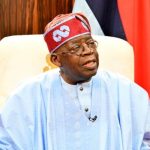

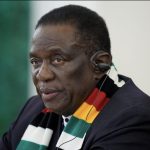

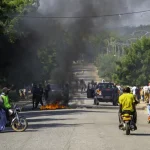
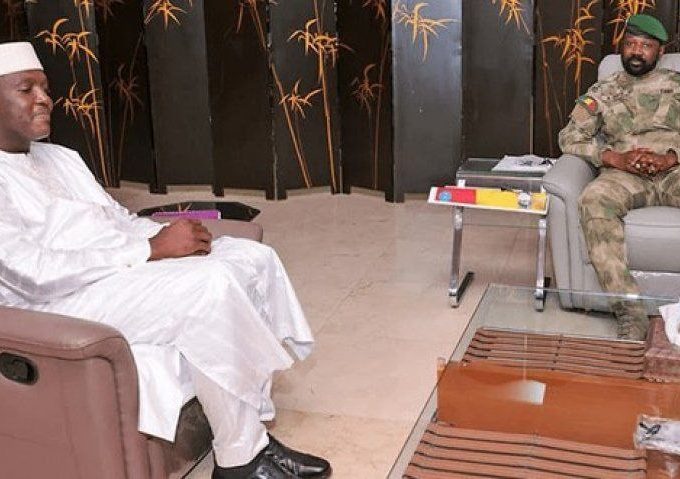
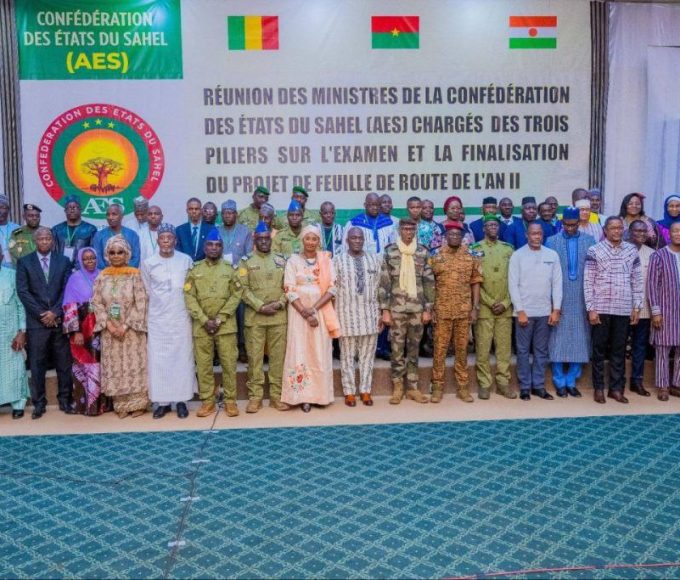
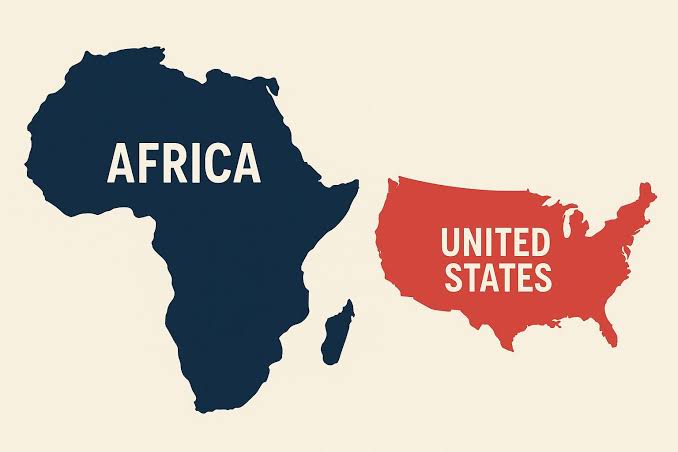
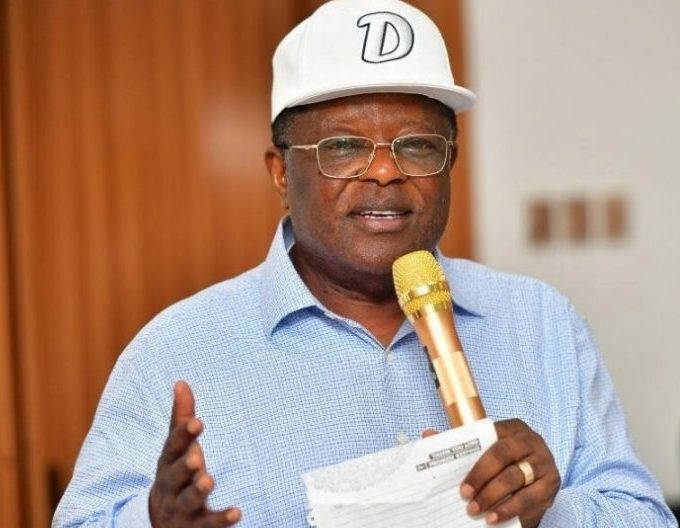
Leave a comment